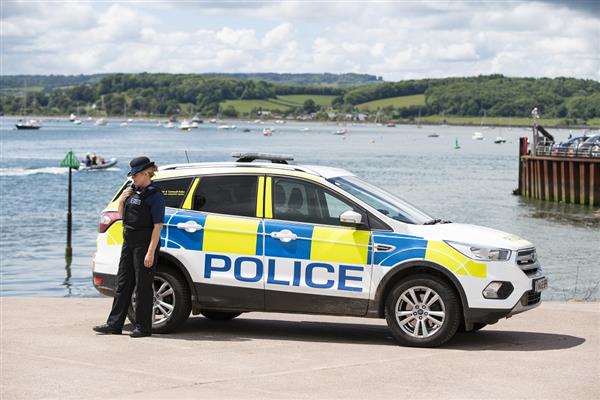|
||||
|
||||
|
|
||||
Dealing with the pressures of summer is business as usual for Devon & Cornwall Police, says Police and Crime Commissioner Alison Hernandez
As summer arrives, so too does the familiar rise in population across Devon and Cornwall. Our stunning coastlines, beautiful countryside and vibrant towns and cities attract millions of visitors each year – a point of pride for those of us lucky enough to call this region home. But for policing, summer brings significant challenges that require careful planning, strong partnerships, and unwavering professionalism. Our region welcomes almost 40 million domestic tourist visits annually – a figure that surges in July and August. This seasonal influx places considerable pressure on police resources, as demand rises for everything from emergency response to neighbourhood policing, traffic management, and public safety at major events. To some outside the region, this might seem exceptional. But for us, this is business as usual. Every summer, we plan meticulously to ensure that residents and visitors alike can enjoy a safe and welcoming environment. Our police officers, PCSOs and staff prepare to operate at full stretch, often with increased patrols in tourism hotspots, more visible policing in our towns and coastal areas, and rapid responses to the unique issues that summer brings – from antisocial behaviour to drug use, public disorder and missing persons. And we mustn’t forget that our police officers have to forgo annual leave, and training opportunities, in order to make this happen. This year, the government has announced a new Safer Streets Summer initiative aimed at addressing these exact pressures, asking police forces across the country to plan for increased demand during the warmer months. While the national spotlight on summer policing is welcome, here in Devon and Cornwall we’ve long been living this reality. I’m pleased that the new government will now have the opportunity to see how our force handles these seasonal challenges year after year. The truth is that in places like ours, with vast geography and limited transport infrastructure, policing must be agile and highly localised. With remote moorland, packed beaches, and bustling towns and city centres, it's the diversity of Devon and Cornwall that makes it such a rewarding place to serve – but it also means we need support and understanding from central government when it comes to resourcing and long-term investment. I’ve long advocated for the unique policing needs of our region to be recognised at a national level. That includes fighting for fair funding, stronger digital connectivity, and increased officer numbers to reflect the true size of the population – not just the resident count but the seasonal one too. But policing alone cannot carry the burden. Community safety during the summer depends on partnership working. From local councils and health services to volunteers, street marshals, harbour authorities and community groups, our approach must be joined up. We’ve seen great success through schemes like hotspot policing, which targets areas in Devon and Cornwall experiencing the highest levels of antisocial behaviour and violence, combining police and partner patrols to reduce crime and increase safety and public confidence. Last year, police conducted additional foot patrols in Exmouth over the summer alongside local authority street marshals as part of this project to meet the increased demand for police resources because of the large influx of summer visitors to the town. It’s everyone’s responsibility to reduce crime, and members of the public have a part to play too – by reporting concerns to police promptly using the 101 service or 999 in an emergency, being respectful of residents, and looking out for one another. As your Commissioner, I want to personally thank every officer, member of staff, emergency services worker and volunteer who steps up during the summer months. Your work is tireless and often unseen, but it is deeply appreciated. | ||||
Reply to this message | ||||
|
||||
|
|
|






